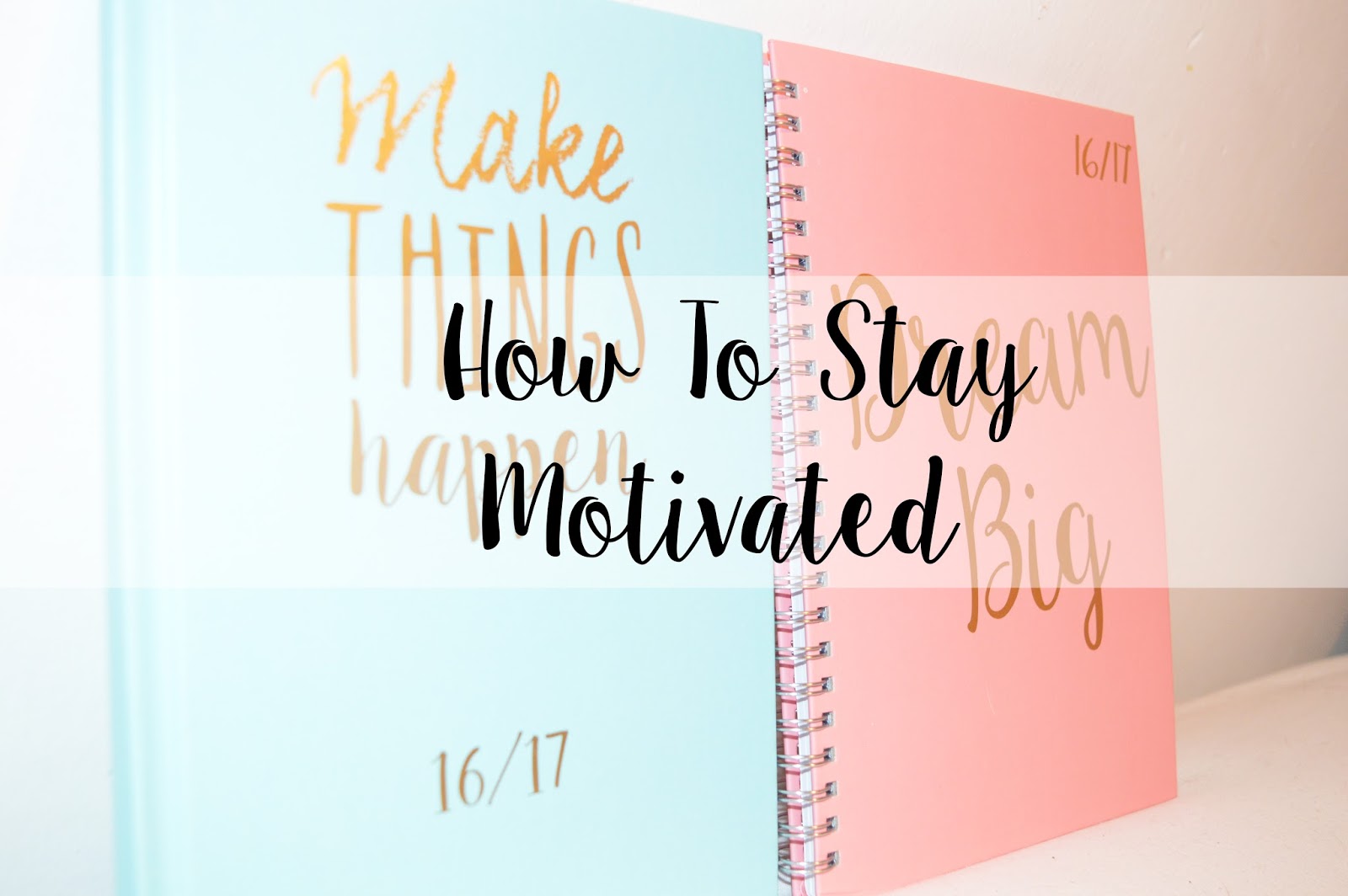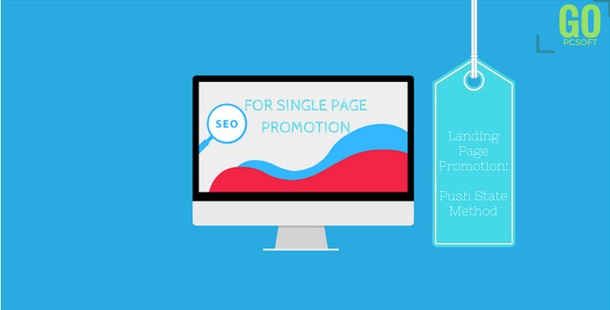Where to Start?
Becoming a programmer is a great goal for you if you are interested in this field of software development. Consider this three main steps to start your study switch.
Self-education. This option can be used both independently and paired with other methods. The Internet is full of sites, books, and applications that help to learn different programming languages and technologies. But this is the hardest path for beginners, and be ready to combine studying in the university with your new “hobby.”
Mentor. It will be very good if you find a person who will agree to help you and guide you in the right direction. This person will tell you appropriate books and resources, check your code, and give useful advice. You can find mentors among your friends – programmers, at IT-hangouts and conferences, on online forums and so on.
Also, Read: What Programming Language Should A Beginner Learn In 2017
Specialized courses. Try to search courses in your city, where you will be taught some programming language or technology. If you live in a big city, you will surely find a number of such courses that you even guarantee subsequent employment.
What Language, Technology, and Direction Should You Choose?
When you only start to delve into programming fundamentals, a beginner should consider the following criteria for choosing the first programming language:
-
Availability of vacancies on the market. The ultimate goal of this path is to find a job as a programmer. And it will be difficult if developers in your programming language have little demand. Check the sites with job offers, see what programmers are looked for which programmers are being sought, and write down on the paper a dozen languages. And go to the next criterion.
-
Low level of occurrence. If you have to spend a lot of time learning the language, it can discourage you from wanting to program at all. Read about the languages you selected above. Browse through the literature that you will need to read. And choose those that are easy to read. Such languages can be PHP, Ruby, Python.
-
Pleasure from the process. If you do not like writing code in the chosen language, you will not get pleasure from this process, from work, and from life. Do you want it? Make the right choice.
-
Also, you will have to decide on the direction of programming. Mobile, desktop, games, web, low-level programming and so on. The most popular and relatively simple industries are web development, mobile and desktop clients. Keep in mind that different languages may be suitable for different directions.
In any case, you should study web technologies. This is HTML, CSS, and JavaScript, which are styles that will make your page dynamic. At the next stage, learn the server language (Python, PHP, Ruby, and others) and suitable web frameworks. Learn about the database: almost every programmer’s vacancy mentions this skill.
How to Get the Initial Experience
Without experience, you will not get a job. Without work, you will not get experience. This is a vicious circle of real life. Here is how you can overcome it.
First, do not wait until you read all the books on the chosen programming language. Begin to write your first lines of code after the second chapter of the book. Complete all tasks from books, reprint examples, understand them. Create your own tasks for the covered material. Solve those tasks.
Secondly, you need to find your first projects. This is probably the most difficult option, but a working one. You will have to look for orders, execute them, and think about payment. Completed projects can be mentioned in the experience in your LinkedIn profile or shown to your future employer. Real projects are a big plus on your resume.
Another good option for getting real experience is open source programs. Such projects always need new people, even novices. You can search for bugs in the project or look in the bug-tracker and suggest methods for their solution. You can easily find such projects on GitHub or other services for hosting code. Do not hesitate to ask questions there.
The fourth option for gaining experience is to help familiar programmers. Ask them to give you small and simple tasks. If something does not work out, you will always have someone to ask for advice. At the same time, you will participate in a real project.
The last option is to create personal projects or work cooperatively. It’s hard to start your own project; it will be better to look for acquaintances or friends to start with.
What You Need to Know
Of course, besides the programming language and English, you need to know something else. But that depends on the direction that you choose. Furthermore, a web programmer must know HTML, CSS, and JavaScript. The desktop programmer learns the API of the operating system and various frameworks. The developer of mobile applications teaches Android, iOS or Windows Phone frameworks.
Everyone needs to know algorithms. Try to pass a course on Coursera or find a suitable book about algorithms. In addition, you need to know one of the databases, programming patterns, data structures. It is also worth getting acquainted with the code repositories.
Final Steps for Becoming a Programmer
In conclusion, If you have decided to become a programmer, but you don’t want to leave your current university course, you have a solution. You can ask your friends to help you, use time managements skills, or order essay online and shift your attention to programming. All you need is a strong will to succeed in programming. You can consider yourself a non-technical person, but if you will be able to understand algorithms, you will surely learn one of the programming languages. As soon as you will complete a project on your own in any popular programming language, you can send your resume and find a job as a programmer.
Sarah is an ESL tutor and essay writer at https://essayshark.com blog. She finds joy and happiness in helping students to succeed in their academic studies. In her spare time, she contributes blog posts to various top-notch media outlets.






Comment here